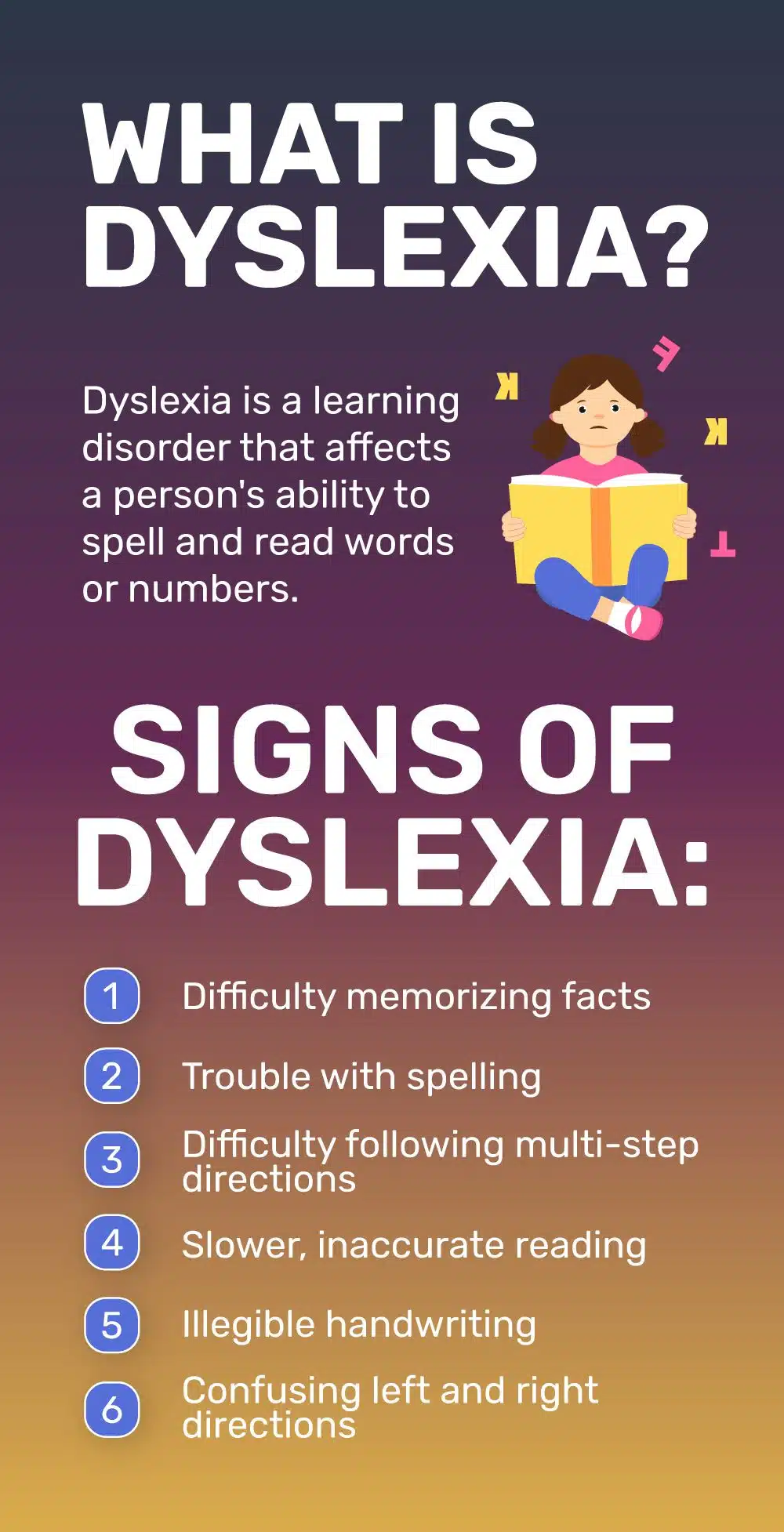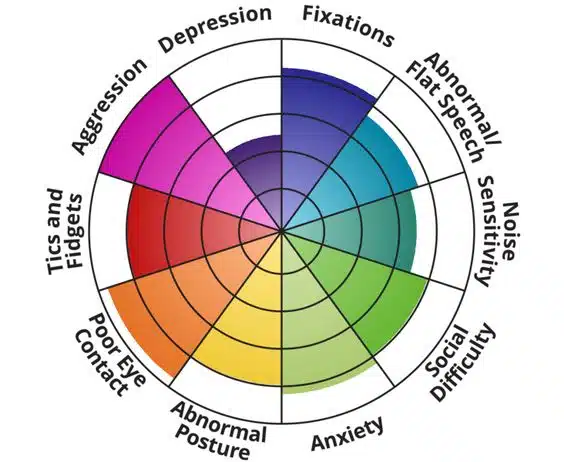Early diagnosis is like a puzzle-solving journey. It’s about fitting together clues to understand a child’s unique way of growing and learning. Here’s how it typically unfolds:
- A parent or teacher notices a child isn’t hitting typical milestones.
- A doctor checks out the child’s overall health.
- Experts like psychologists or speech therapists may get involved.
- Tests and observations help understand the child’s unique needs.
- A plan is made to support the child’s growth and learning.
In the end, early diagnosis is about knowing and appreciating the child’s uniqueness. It opens doors to the right kind of help, so they can shine bright in their own way. Remember, every kid is one-of-a-kind, and that’s what makes them so special!
Regarding early diagnosis, a tool like Goally can be a great ally. It helps spot areas your child might need extra support through fun apps and games. From learning to brush their teeth to improving language skills, Goally turns challenges into achievements, one step at a time!












